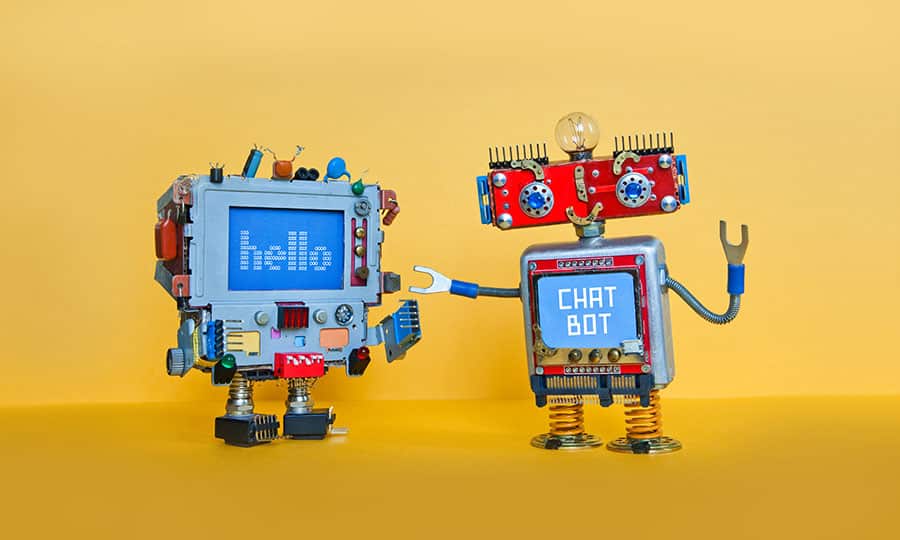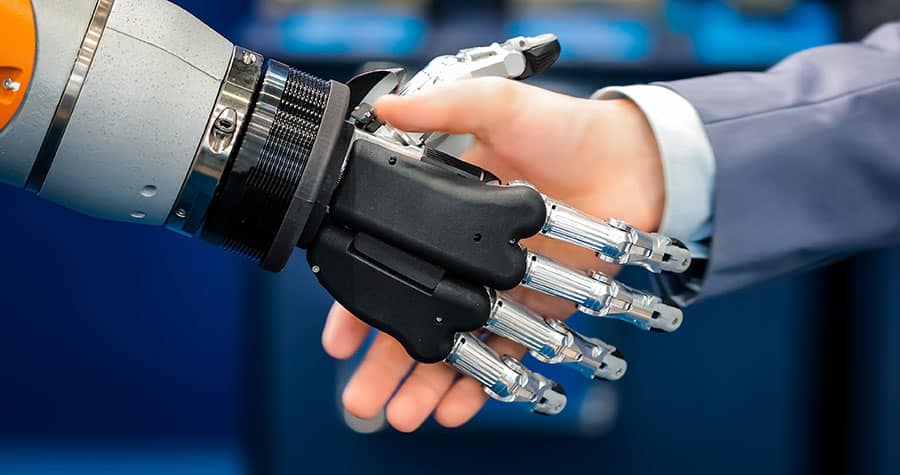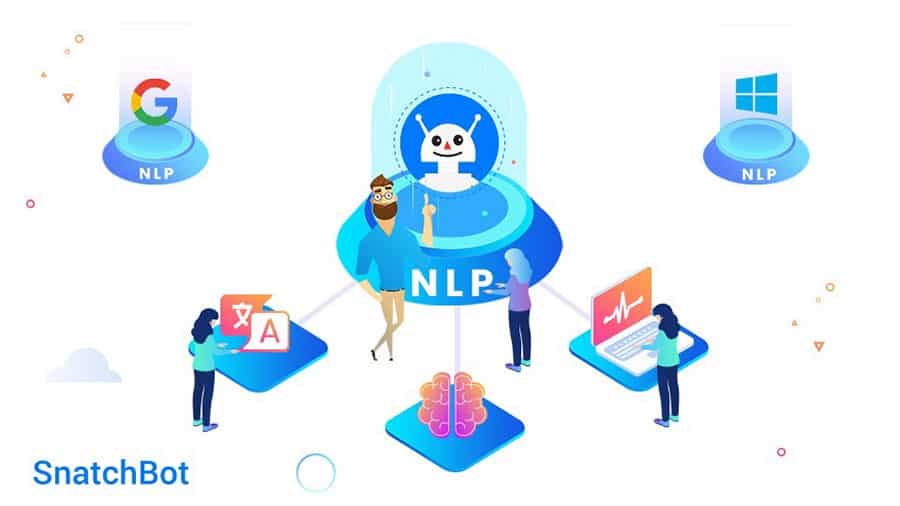Using Artificial Intelligence To Create A Better World

Many corporate leaders initially pivoted towards AI in their quest to remain competitive, ahead of the game and no doubt to incur huge savings on operational costs. As we experience both the intended and unintended consequences of AI – a clearer picture emerge of all the ways in which we can use it to create a better world. This is apart from the obvious objective to create better shareholder value. Thanks to rather high adoption rates, the learning curve is incredible.
Today I will touch on a few areas where AI is already bringing remarkable benefits. Most of these were discovered in my journey as CTO for SnatchBot where we work with a truly global client base, however I admit that even with an in-depth multi-sector operation, all stakeholders in this industry are contributing to learning in ways that surprize us positively. Allow me to share this by means of industry-specific examples:
AI in the health sector:
One drawback we helped solve for 24/7 healthcare is worth mentioning. Traditionally, it was so labour-intensive. When Chatbots for healthcare came along, overnight the industry became capable of serving patients with important FAQ’s, the ability to schedule appointments with doctors, managing prescription issues and even making payments to medical centres. It actually freed up more quality time for doctors and patients, as much of the reassuring element of medical care is now AI-assisted. As far as doctors are concerned, we all know how hard it is to retrain an assistant – and that is why chatbots that can serve physicians with a streamlined support service to manage referrals, track the critical care process and help reduce human error, is such an amazing concept.
AI in the military:
Your countries defence can benefit substantially from artificial intelligence. Recently I discussed how chatbots are increasingly used by militaries worldwide. Starting from simple tasks such as recruiting the right candidates, to actual operational matters such as defence and offense, which off course I will not elaborate on right now. A critical factor indeed is that efficiency is increased sharply, with costs driven down – which most governments welcome today. Public safety in general can also stand to benefit as machine learning is used. It is possible to read and interpret human behaviour and to predict dangerous situations through language – this can then trigger automated alerts fed through to law enforcement. This is just one example of how natural language processing (NLP) can be beneficial.
How phone payments solved a major challenge with fraud:
This is the first major cross-sector improvement the industry can be very proud of. With humans and chatbots working side by side, we now move towards payment processing by bots, not by humans. So when someone is typing in their card digits or reading it out to a bot, there is no human on the call that can commit fraud with their card – or turn this into an opportunity for cyberextortion, which was always a huge problem with crime mafias that penetrated various businesses to commit fraud. So whether it is an airline, e-commerce provider, government utilities or any operation requiring payment processing: consumer trust is rapidly recovering thanks to AI.
Generic, cross-sector advantages of AI:
We are presented with a set of advantages that the combination of AI and chatbots deliver, which transcends borders and industries. I noticed that in particular in working with a multi-sector and multi-lingual operation: the feedback we obtain from governments and industries is rather similar. The first thing we achieve by reducing the need for employees to travel during peak hours, or to travel at all – is a rather obvious one: we slash the carbon footprint of organizations across the world. Yes, with that does come a reduction in payroll taxes whenever less staff is hired to carry out a task – although I strongly belief this can be offset against the savings governments incur when they help to roll out AI in their own departments, including hospitals, schools and libraries.
So many fears were overblown:
Considering the levels of progress we made in the last 3 years, there is reason to celebrate, as we can clearly see the benefits to society. However, many folks feared losing their jobs to AI. People were concerned about road safety when there are less human drivers. They said “what if due to security breaches AI is misused and security is compromised?”. Most of these fears were mitigated. A lot of credit is due where governments and employers worked together to retrain their workforce and help people rebalance towards more futuristic careers. Ultimately, we ought to have a strong regulatory framework that transcends national borders to ensure a level playing field and finally, to allay any fears that may remain. One thing is certain: none of these fears managed to represent a credible obstacle to what we have, and will, achieve in the field of AI.
Building better societies and corporations, where we truly seek out ways to use AI with good intent and share knowledge on best practices, should be a priority right now. In a multi-speed world, there will always be nations that are early adopters, but we should seek to spread and share the benefits at a more even pace globally.
Have you read?
# World’s Top 50 Universities For Life Science Degrees, 2019.
# World’s Top 50 Universities For Physical Science Degrees, 2019.
# World’s Top 50 Universities For Psychology Degrees, 2019.
# World’s Top 50 Universities For Arts and Humanities Degrees, 2019.
# World’s Top 50 Universities For Education Degrees, 2019.
Add CEOWORLD magazine to your Google News feed.
Follow CEOWORLD magazine headlines on: Google News, LinkedIn, Twitter, and Facebook.
This report/news/ranking/statistics has been prepared only for general guidance on matters of interest and does not constitute professional advice. You should not act upon the information contained in this publication without obtaining specific professional advice. No representation or warranty (express or implied) is given as to the accuracy or completeness of the information contained in this publication, and, to the extent permitted by law, CEOWORLD magazine does not accept or assume any liability, responsibility or duty of care for any consequences of you or anyone else acting, or refraining to act, in reliance on the information contained in this publication or for any decision based on it.
Copyright 2024 The CEOWORLD magazine. All rights reserved. This material (and any extract from it) must not be copied, redistributed or placed on any website, without CEOWORLD magazine' prior written consent. For media queries, please contact: info@ceoworld.biz
SUBSCRIBE NEWSLETTER











